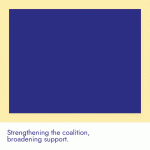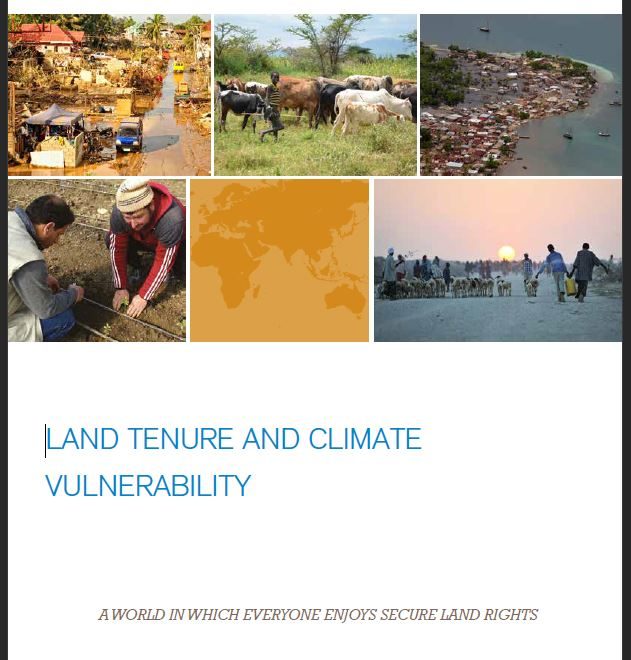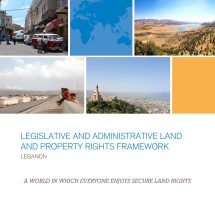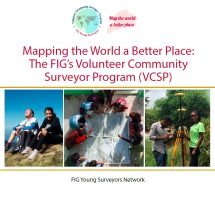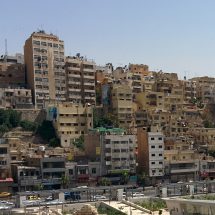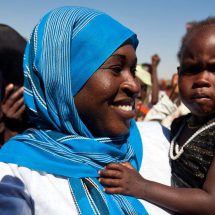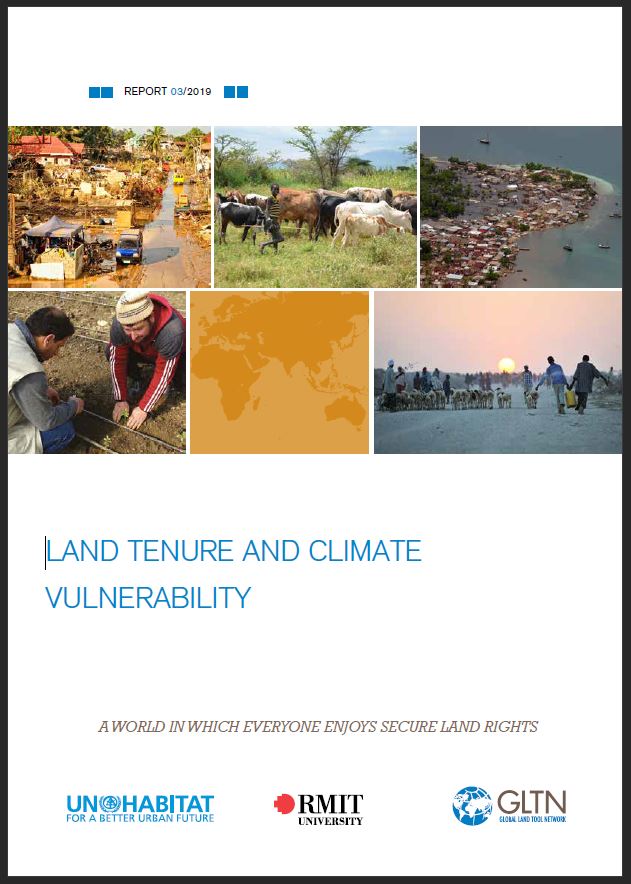 This publication examines the inter-relationships between land tenure and climate vulnerability. The analysis has been framed according to peoples’ exposure to climate-related hazards, the sensitivity of different elements at risk in both urban and rural contexts and understanding how insecure land tenure influences the adaptive capacity of communities and individuals. Potential feedback loops from climate adaptation measures that may act to undermine peoples’ security of tenure have also been considered. The publication has been written with a broad audience in mind, including development, climate change adaptation, disaster risk reduction, emergency management and land sector communities of practice. The aim is to highlight some of the complex and inter-linked challenges facing marginalized communities and, based on this evidence, signpost possible pathways to positive change. The content herein draws from an extensive literature review and evidence from five international case studies contributed by regional experts. The case studies were selected to enable consideration of differing land tenure and climate vulnerability contexts in different parts of the developing world.
This publication examines the inter-relationships between land tenure and climate vulnerability. The analysis has been framed according to peoples’ exposure to climate-related hazards, the sensitivity of different elements at risk in both urban and rural contexts and understanding how insecure land tenure influences the adaptive capacity of communities and individuals. Potential feedback loops from climate adaptation measures that may act to undermine peoples’ security of tenure have also been considered. The publication has been written with a broad audience in mind, including development, climate change adaptation, disaster risk reduction, emergency management and land sector communities of practice. The aim is to highlight some of the complex and inter-linked challenges facing marginalized communities and, based on this evidence, signpost possible pathways to positive change. The content herein draws from an extensive literature review and evidence from five international case studies contributed by regional experts. The case studies were selected to enable consideration of differing land tenure and climate vulnerability contexts in different parts of the developing world.
Authors: David Mitchell and Darryn McEvoy, RMIT University
Coordinator: Danilo Antonio
Editing: Victoria Quinlan
Technical and Editorial Support: Hellen Nyamweru Ndungu
Sponsors: The Netherlands Government, Norwegian Government and Swedish International Corporation Agency (Sida)

